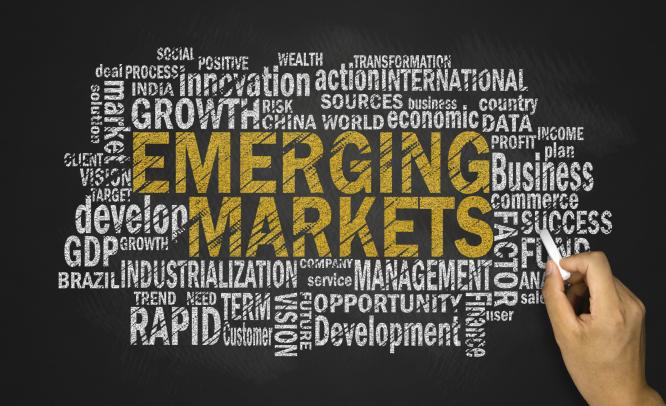Interview with Dan Kemp, Chief Investment Officer, EMEA, Morningstar
Suparna Goswami Bhattacharya
April 4, 2016: The year 2015 was yet another difficult year for emerging market economies. This has been reflected in poorly performing equity markets. From the peak in October 2010, emerging markets have declined by nearly 50% compared to developed markets with the valuation now at the level 10 years ago, states a report by Morningstar, an investment research and management firm. IFM spoke to Dan Kemp, Chief Investment Officer, EMEA, Morningstar on what to expect from emerging economies.
The definition of emerging economies is vast. How does Morningstar define an emerging economy or market?
Emerging economies tend not to be defined in isolation, but rather as the homes of ‘emerging markets’. The definition of the latter is generally guided by the major index providers. This approach, while well intentioned, creates distortions and somewhat arbitrary cut-off points which, in turn, can lead to unnecessary and unhelpful divisions. Equally, a benchmark-derived definition can result in the poor allocation of capital as many investors are constrained by tracking error and therefore incentivized to allocate the majority of their capital to the largest markets.
Rather than seeking a simple definition, we need to appreciate that what we refer to as the ‘emerging markets’ is in fact a diverse set of economies, markets and political systems, each of which offers unique opportunities and challenges to investors. By representing this diverse opportunity set as a single homogenous market, investors can be constrained from accessing the best potential returns by being forced to own unattractive assets.
We would encourage investors to embrace the diversity of the emerging world and seek the individual opportunities that offer the best value over the long term. However, the drawback of this approach is that it can be difficult to access individual markets due to a lack of focused investment products.
Emerging economies have been underperforming for a few years now. How many more years will this continue?
It is foolish to predict when something will happen in capital markets as emotions tend to drive prices in the short term. To quote Keynes, “markets can stay irrational longer than you can stay solvent”. Equally, underperformance may continue for a very long period if an asset had previously become very over-valued as part of a ‘boom’. Notwithstanding the above, we believe that there are areas of the emerging markets (such as Russian equities) that have become undervalued and, while the timing of a recovery is uncertain, we can be confident that over the long term, assets will converge with their fair values. The role of the investor is therefore to identify what the fair value of an asset is, the risks to that fair value and how far current prices deviate from fair value. While many investors are able to do this successfully, there are few who have the discipline to purchase and own these holdings while they remain deeply unpopular. For those who do have the self-discipline to buy and hold unpopular investments, the current period of under-performance provides a rich hunting ground of opportunities.
Which are the markets where investors will get good returns?
When investing, it is important to differentiate between the growth of an economy and the return to investors. This is perfectly demonstrated by China where the economy has continued to grow at a reasonable rate but returns to investors have been poor over the recent past as previous assessments of future shareholder returns appear to have been too optimistic.
In contrast to a ‘top down’ economic investment process, our approach to asset allocation is essentially ‘bottom up’ and hence we focus on the long term expected returns to investors rather than changes in the economy.
Turning to markets, we would make no predictions over the short term but believe that some areas of the emerging world are undervalued at present. While we are currently only invested directly in Russian equities among this group, Taiwan, Brazil and Korea are all markets that are being highlighted by our valuation work.
Will emerging markets continue to play a major role in the world economy?
History teaches us that is very difficult to predict the long term fate of an economy, as local politics and international events can have a huge impact on the health and operation of economies. However, taken as a whole, the emerging markets represent a significant portion of the world’s human, natural and financial resources and therefore, I would expect this collection of countries to have a significant impact on the global economy in the future.
What needs to be done by the governments of these countries to put them back on the growth track?
It is important to recognise that governments and investors are not necessarily aligned in their interests, as the former seeks economic growth while the latter seeks returns on the capital they have invested. However, I believe that both economic growth and investment returns benefit from political stability, a robust legal system and increased international trade.

